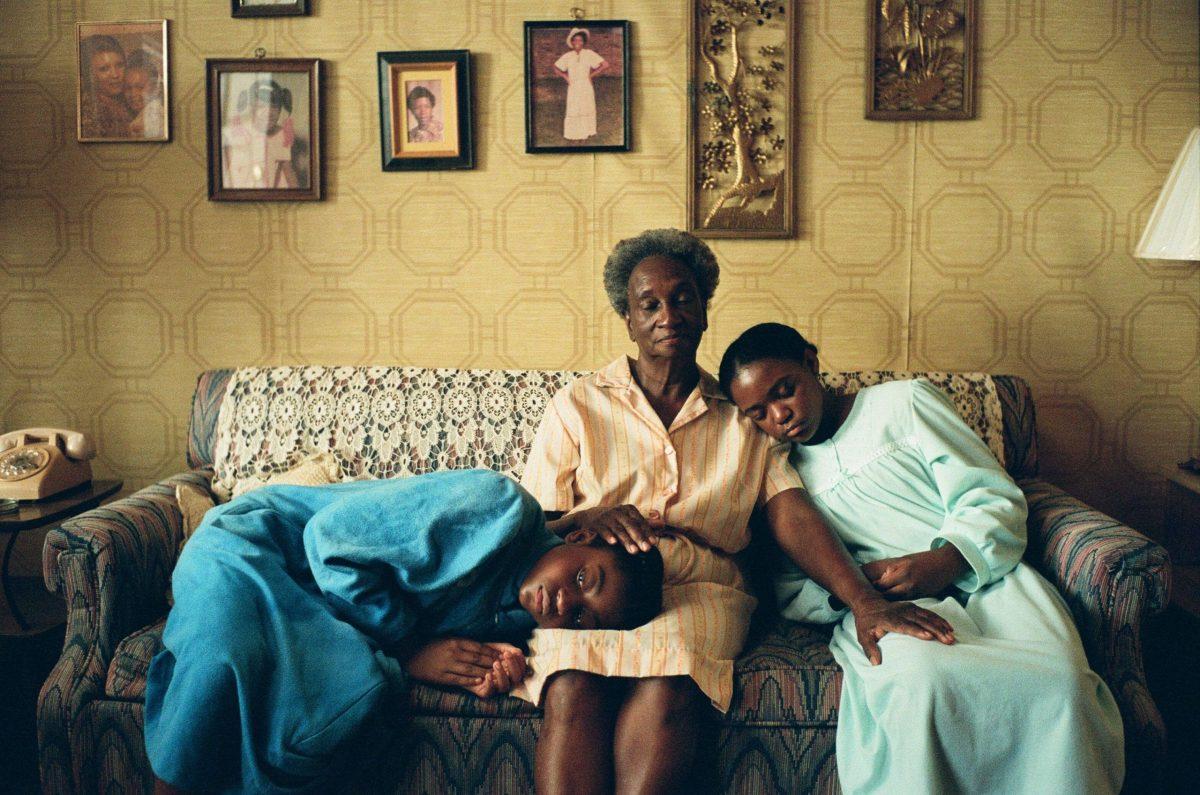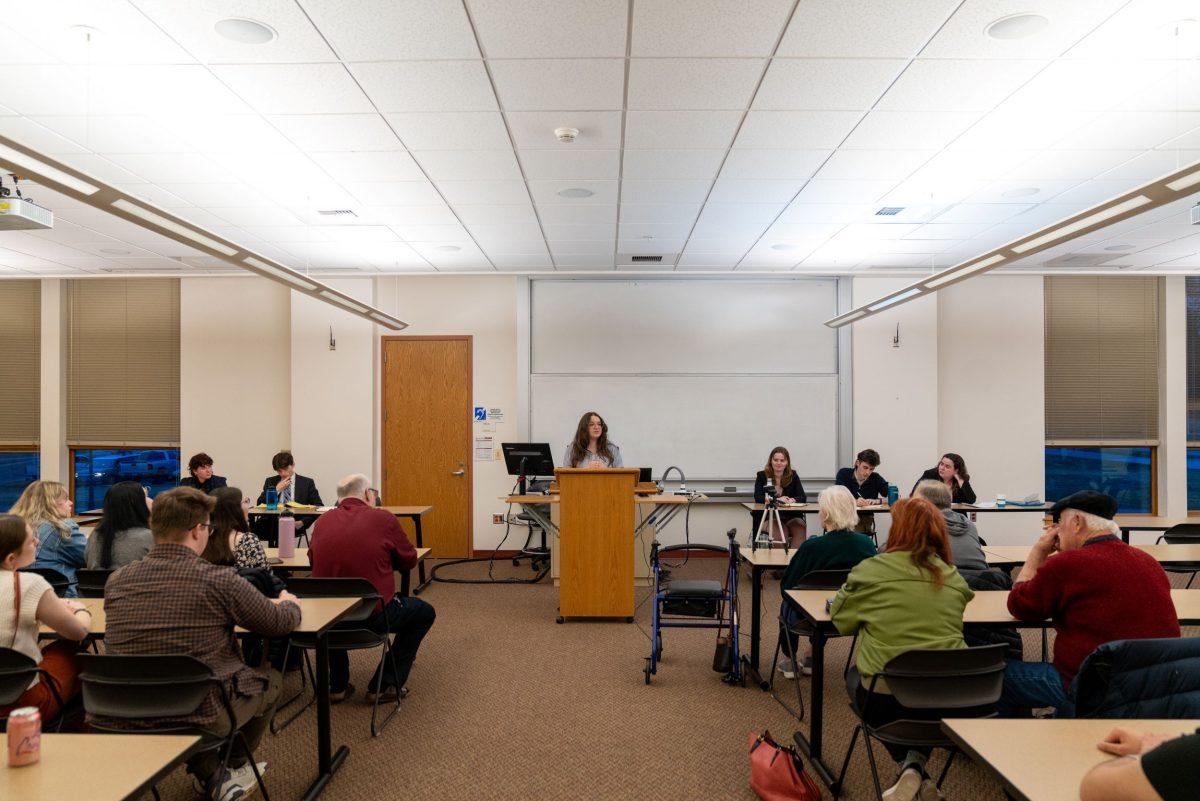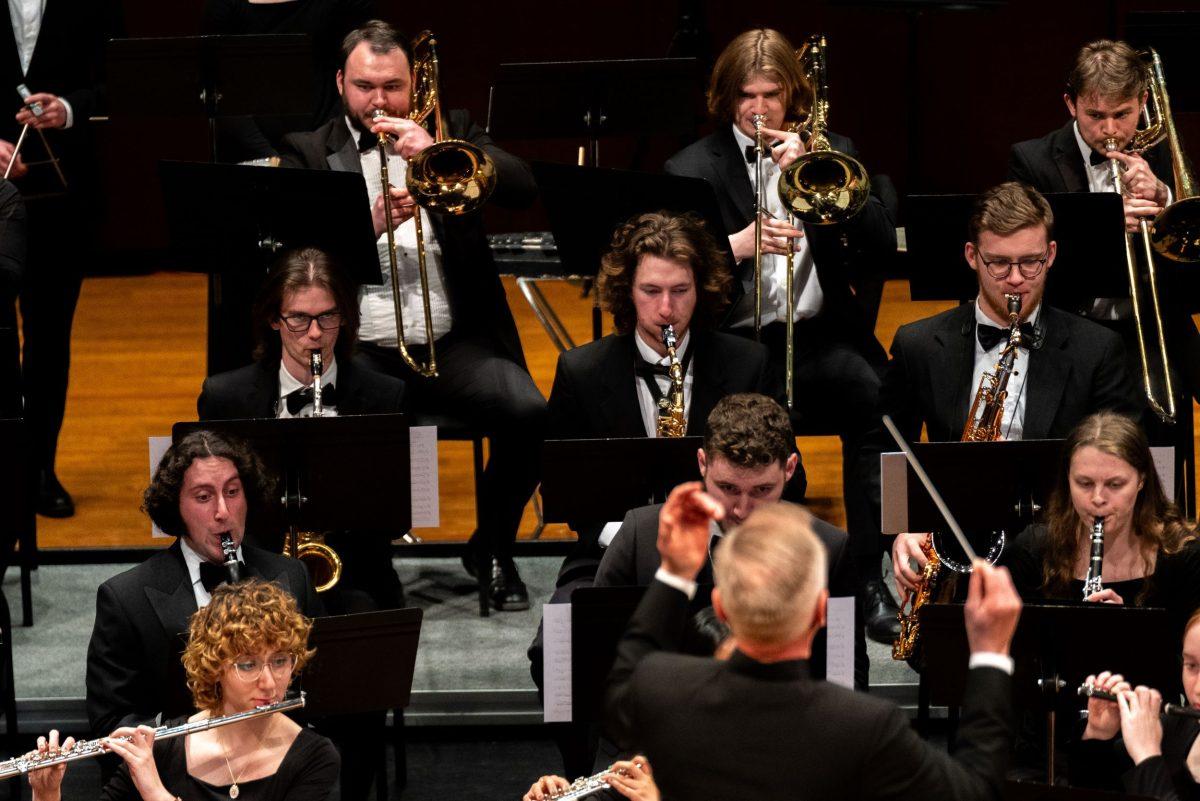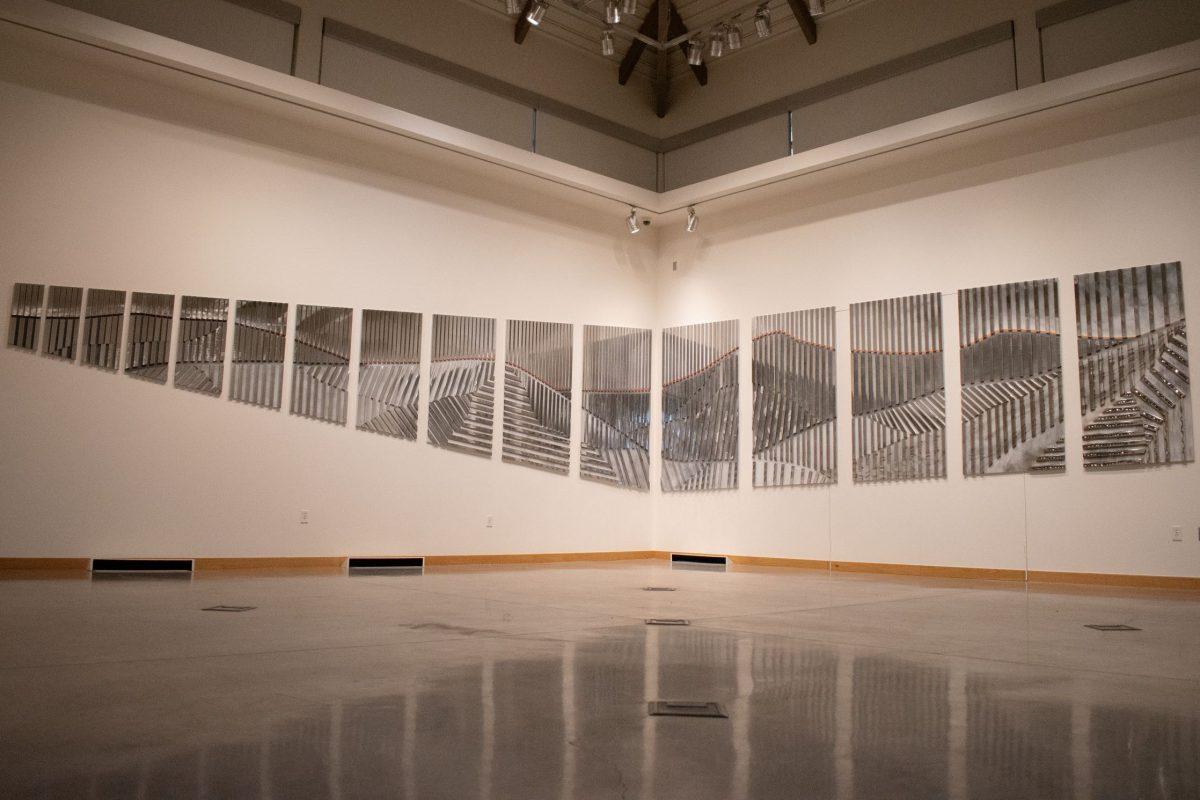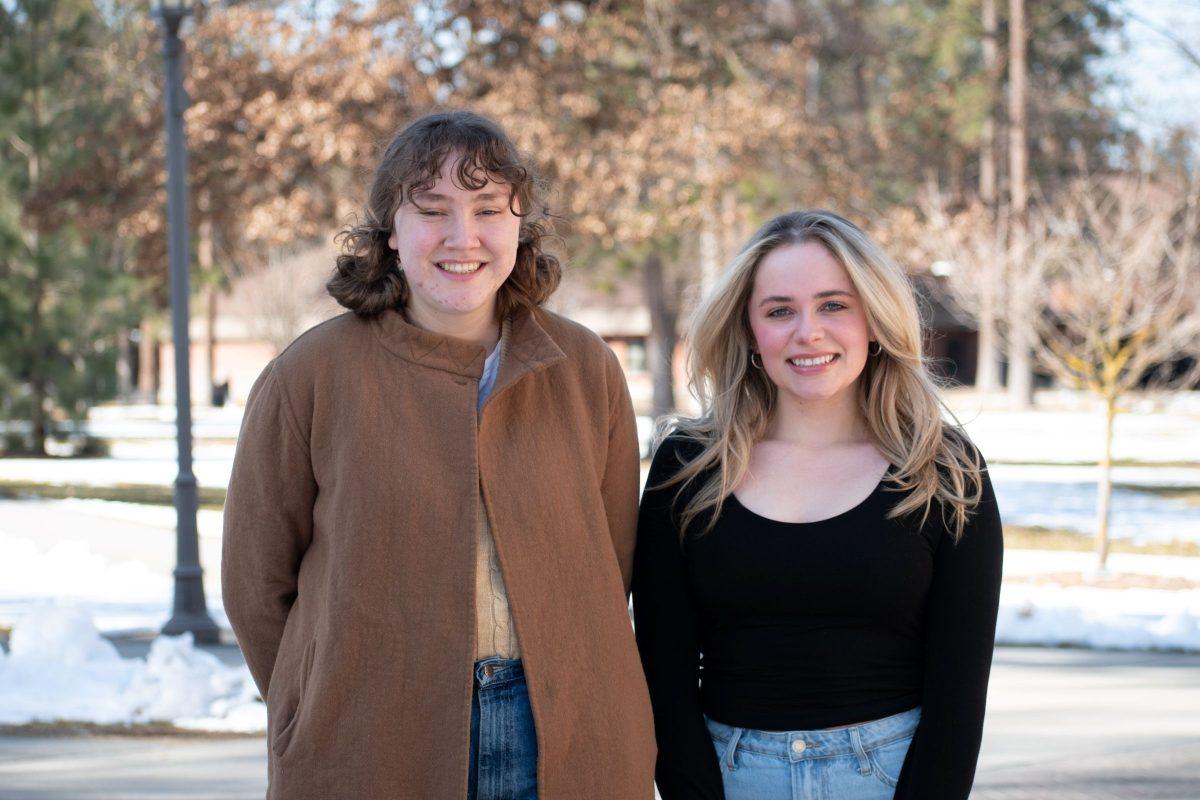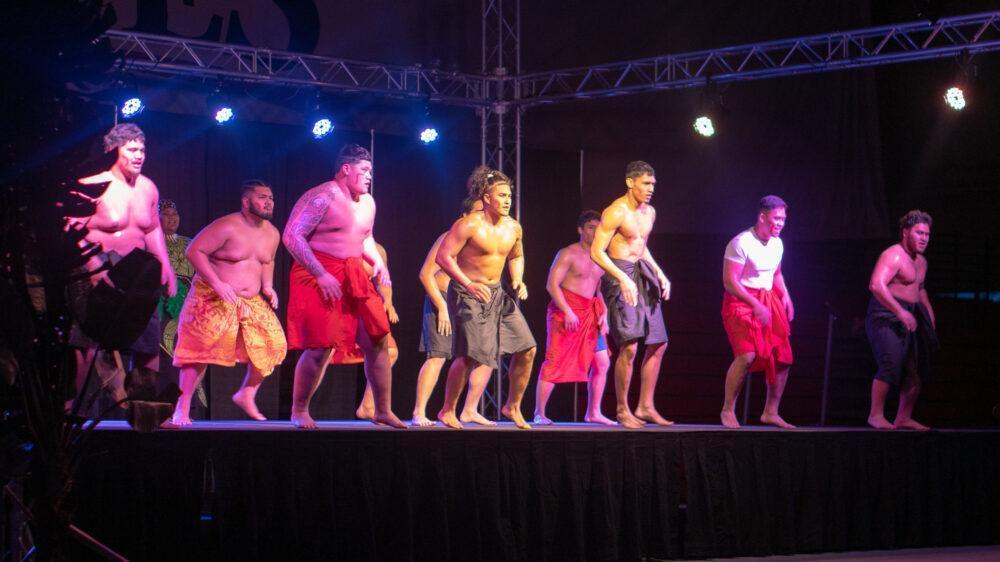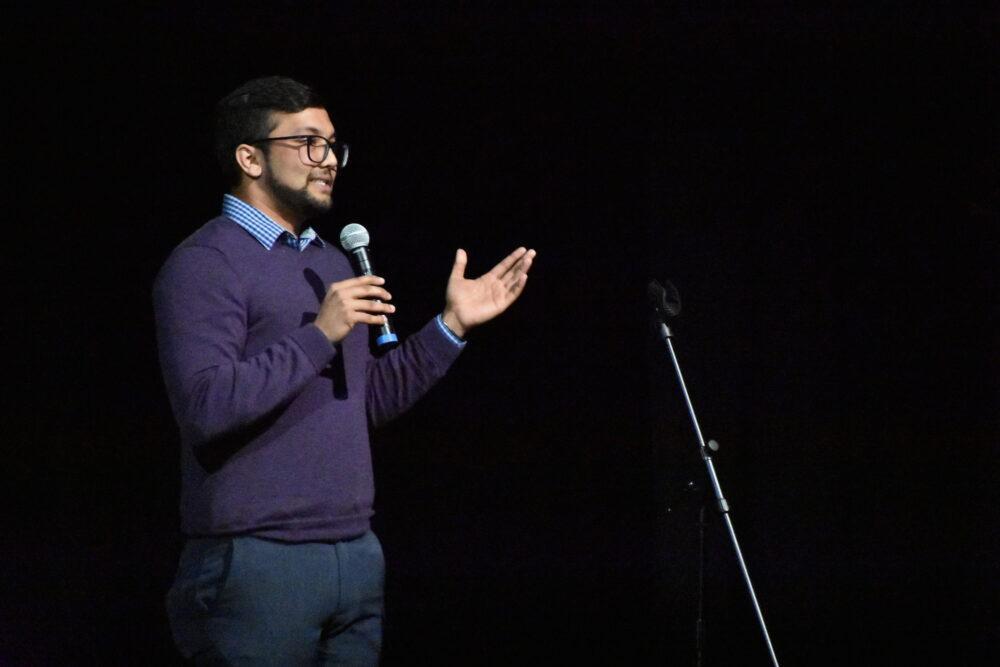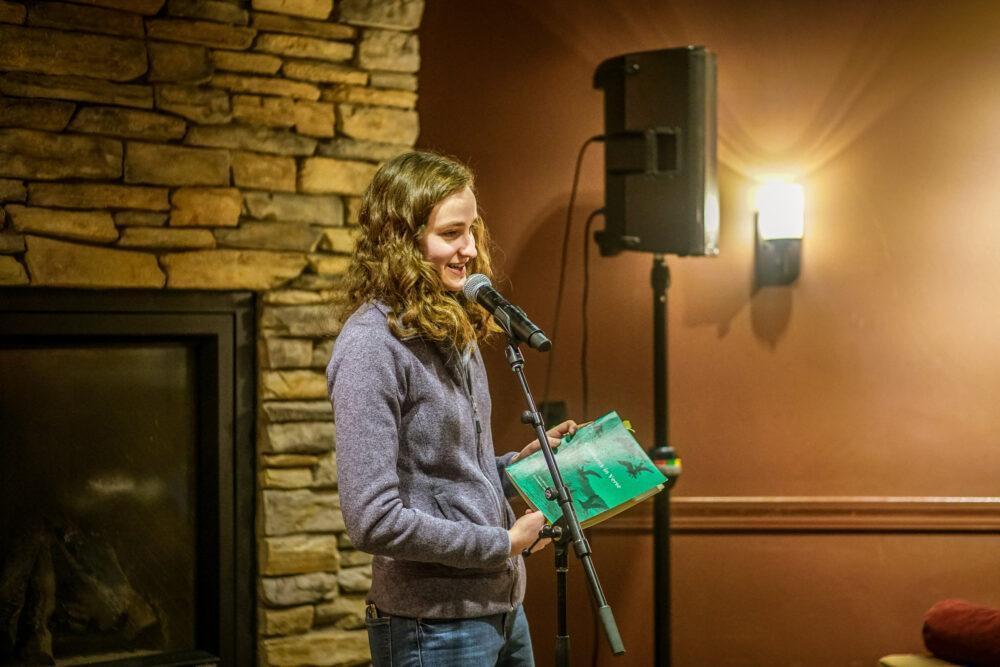
International students have formed reactionary groups to Austin Channing Brown’s talk on Feb. 5. Brown spoke on the topics of race, faith, and reconciliation in the context of private Christian universities, which are predominately white institutions.
Brown was invited by the Diversity, Equity & Inclusion office as one of the events for African American Heritage Month.
“One of the reasons why I invited her is because I think she represents a voice that is important for all of us to hear, even though it’s hard to hear. It’s strong and difficult for many of us to acknowledge the experiences of people of color in our country, and especially in faith spaces, whether it’s in churches or in higher education,” said Lorna Hernandez Jarvis, chief diversity officer and associate vice president for Diversity, Equity & Inclusion.
Jarvis provided a way for students to continue engaging in dialogue after Brown left, through “talk back sessions.” These sessions were facilitated by faculty to help guide the groups through tension and potential conflict.
Around 10 people attended the first session, and five at the second session. The group discussed topics touched on by Brown, as well as reactions within the community.
“It’s time for that change,” Mama Beans, a facilitator, said during the second talk back session. “I’d like to see something that is going to be fruitful and productive for the next generation of students. Because you all have that passion, I think we do have a powerful voice.”
During her talk, Brown mentioned how many Christian universities’ chapels do not have inclusive styles of worship, which can confuse and even push away students of color. Her comments brought attention to Whitworth’s chapel and caused many students to take a harder look at what occurs on campus.
“The thing that probably made me most sad was when she told students not to go to chapel until something changed, because we actually have initiated many changes over the last few years to make it more inclusive and a space that represents and connects with various cultures, races and ethnicities at Whitworth,” said Forrest Buckner, the dean of spiritual life and campus pastor. “My greatest hope is that people would come and see, instead of hearing about it or assuming that it’s a certain way, or assuming it’s just old White Presbyterian worship.”
Buckner encourages students to come see and experience chapel before deciding what can be made better.
Last year the chapel solidified a diversity action plan. Unveiled, an event with several different styles of worship, started fall semester of 2018. Started by Talya Jackson, the ASWU spiritual life coordinator, the goal was to open the doors of worship and spiritual growth for those from underrepresented populations.
While it’s important to create a space for alternate worship, Jackson said this event shouldn’t be permanent. Instead, this multicultural approach should ultimately become integrated within chapel worship, instead of dividing the styles into different events.
While Brown’s talk prompted an increase in conversations surrounding race at Whitworth, it also has turned into action within the community. According to Alyssa Gorman, the resident director of Oliver, the residence hall has started planning prime times about race and faith every Wednesday.
A group of international students, named “Yoddhā,” have started meeting with an action-oriented purpose: to try and fix problems and issues for international students within a timely manner. From the ancient language of Sanskrit, “Yoddhā” is a gender-neutral term that means warrior. The group chose the term because it represents their advocacy for justice, access and equity.
Yoddhā started with Almat Yeraly, an international student and the senator of Stewart, who said Brown’s talked sparked the whole idea.
“I realized that in the two and a half years I’ve been here, nothing’s really changed much even though we keep bragging about it. And then Austin said, ‘Listen, I’m here just to talk about this, this is on all of you. I’m not going to show up and change the whole system for you, you’ve got to do it on your own,’” said Yeraly.
Yeraly said he realized that ASWU doesn’t have enough power to help change international students’ situation and instead the international students should take it into their own hands. Together with Utsal Shrestha, the ASWU cultural events coordinator and Abdul Haq, the ASWU special events coordinator, the group of seven have started meeting weekly.
The first issue Yoddhā has started tackling is transportation for international students. Because international students lack cars and American drivers licenses, the only way of getting to grocery stores is by walking, using the bus system, or asking someone to drive them. Many international students feel awkward and burdensome to continually ask for a ride, yet the alternative solution of bussing often takes more than two hours. Yoddhā has already found funding for a shuttle system that runs every two weeks through a collaboration of different departments and plans to test run the system before the academic year ends.
Yeraly plans to help lead the group until May 2020, when he graduates. Afterwards, the current sophomores of the group plan on continuing Yoddhā and its mission.



